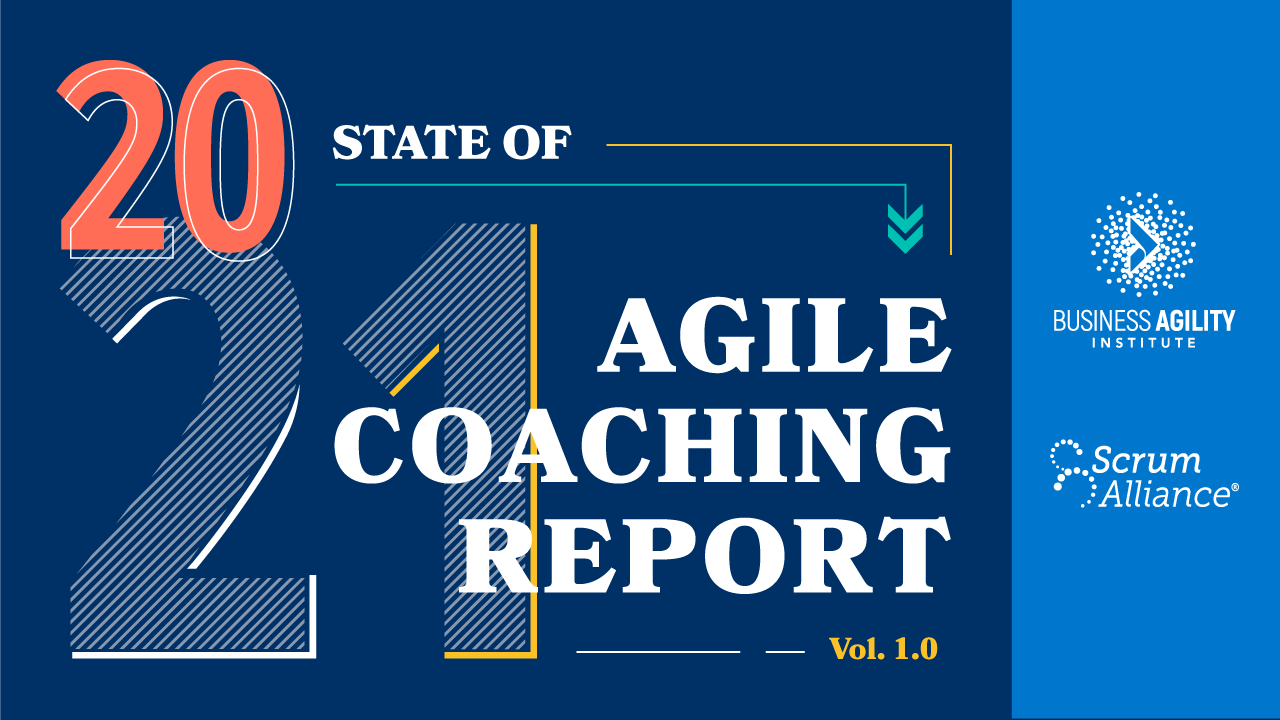Learn about purchasing for teams

Scrum Alliance, along with the Research Council of Norway, supported a research study performed by SINTEF, one of Europe’s largest independent research organizations. The study, “The Agile Coach Role: Coaching for Agile Performance Impact,” informs how the profession of agile coaching continues to emerge, with findings from this report becoming more and more relevant.
Similar to the recent State of Agile Coaching Report, the SINTEF study investigates the growing importance of the agile coaching role. This study focuses on day-to-day tasks, skills, traits, and tools, and asked questions about (1) the role of an agile coach and (2) enablers of agile coaching.
It’s come to be known that agile coaches affect effort, strategies, knowledge, and skills of agile teams. The most essential traits of an agile coach are being empathic, people-oriented, able to listen, diplomatic, and persistent. Here’s why:
- Empathy is important to help better understand the problems people are facing.
- Coaching is about interactions, so it’s important to be people-oriented.
- The ability to listen is vital. A wise person once said, “Listen for the intent of understanding, not for the intent of responding.”
- Being diplomatic comes into play, especially when giving constructive feedback.
- It’s not easy to change people, so being persistent is a key trait for an agile coach.
Agile coaches rely on coaching too. An experienced agile coach thrives when they are enabled to learn and grow their skills. Having an outlet to discuss coaching issues with colleagues and in agile communities is not only helpful, it’s essential to the journey of the agile coach, which in turn helps to evolve the people and teams with whom they work.
As agilists, we’re convinced that the benefits of hiring an agile coach exceeds the financial cost. Here’s hoping that more and more people discover this.
Read the study to discover more.
Related Article:
Elevate your impact with agile coaching skills
Strong coaching skills help you communicate with clarity, build trust, and guide teams toward better outcomes. The Agile Coaching microcredentials from Scrum Alliance give you practical tools to listen deeply, ask powerful questions, and inspire growth in any role.










